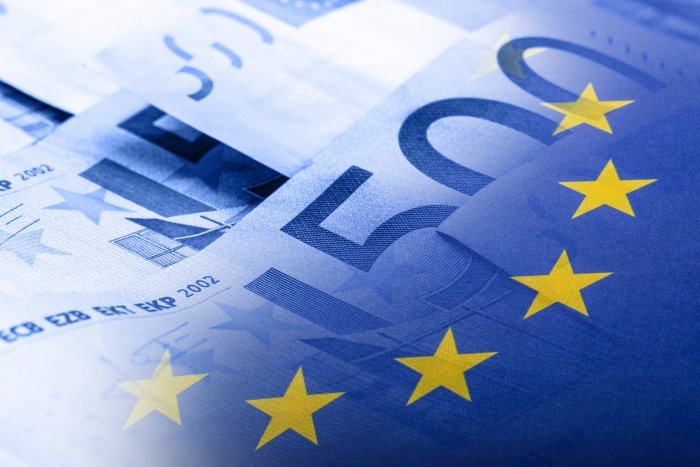Government makes concessions on NGO bill

MTI/Szilárd Koszticsák
Hungary’s government will amend a draft bill targeting foreign-funded non-governmental organizations (NGOs), easing restrictions in the wake of criticism from the Vienna Commission, Cabinet Chief János Lázár said Thursday during his weekly press conference, according to media reports.
Photo: MTI/Szilárd Koszticsák
On June 2, the Venice Commission, the Council of Europe’s advisory body on the rule of law, published its preliminary opinion on Hungaryʼs Draft Law on the Transparency of Organizations Receiving Support from Abroad.
While the commission acknowledged that the draft law pursues the “legitimate aim” of ensuring transparency of civil society organizations and may also contribute to the fight against money laundering and the financing of terrorism, it said that the label “organization receiving support from abroad” used in the draft, in the context of what it described as a “virulent campaign” carried out by Hungarian authorities against foreign-funded NGOs, risks adversely affecting their legitimate activities and may raise the concern of discriminatory treatment.
Accepting some of the commissionʼs concerns, Lázár told reporters in Budapest on Thursday that the bill will be altered so that NGOs will be able to avoid being labeled as “foreign-funded” after going one year without financing exceeding an annual HUF 7.2 million from abroad, compared to the original three years in the current version of the bill. In addition, NGOs will not need to separately list donations of below HUF 500,000 received from abroad.
Lázár said the government also heeded the Venice Commission’s advice to scrap a provision obliging foreign-funded NGOs to display their foreign-funded status in all press kits and publications. The organization also recommended making sanctions for non-compliance with the rules more proportionate to the offense, which the government also agreed to do, Lázár added.
However, Hungarian online news site 444.hu notes that Lázár was vague concerning the obligation of NGOs to declare themselves “foreign-funded” in all their literature, as the minister later confirmed that all publications falling within the remit of the media law would still need to bear the label. The news site described the obligation as a “stigma” that implies there is something suspicious about receiving money from abroad.
International news wire Bloomberg noted that the bill on civil organizations is “part of Prime Minister Viktor Orbán’s efforts to crack down on what he calls foreign meddling in political matters by civil groups and institutions, as he seeks to build Hungary into an illiberal state modeled on countries like Russia and Turkey.”
The European Parliament last month approved a resolution saying Hungary poses a “clear risk of a serious breach” of EU values by a Member State. MEPs perceived a “serious deterioration of the rule of law and democracy” in Hungary, which they said justifies the triggering of an Article 7 procedure which may result in sanctions on the country and even the suspension of its voting rights.
The EP resolution called on the Hungarian government to repeal laws tightening rules against NGOs, as well as those targeting asylum-seekers, and to reach an agreement with the U.S. authorities making it possible for the Central European University (CEU) to remain in Budapest as a free institution.
Parliament is scheduled to vote on the NGO draft next week, according to the legislature’s agenda on its website.
SUPPORT THE BUDAPEST BUSINESS JOURNAL
Producing journalism that is worthy of the name is a costly business. For 27 years, the publishers, editors and reporters of the Budapest Business Journal have striven to bring you business news that works, information that you can trust, that is factual, accurate and presented without fear or favor.
Newspaper organizations across the globe have struggled to find a business model that allows them to continue to excel, without compromising their ability to perform. Most recently, some have experimented with the idea of involving their most important stakeholders, their readers.
We would like to offer that same opportunity to our readers. We would like to invite you to help us deliver the quality business journalism you require. Hit our Support the BBJ button and you can choose the how much and how often you send us your contributions.









